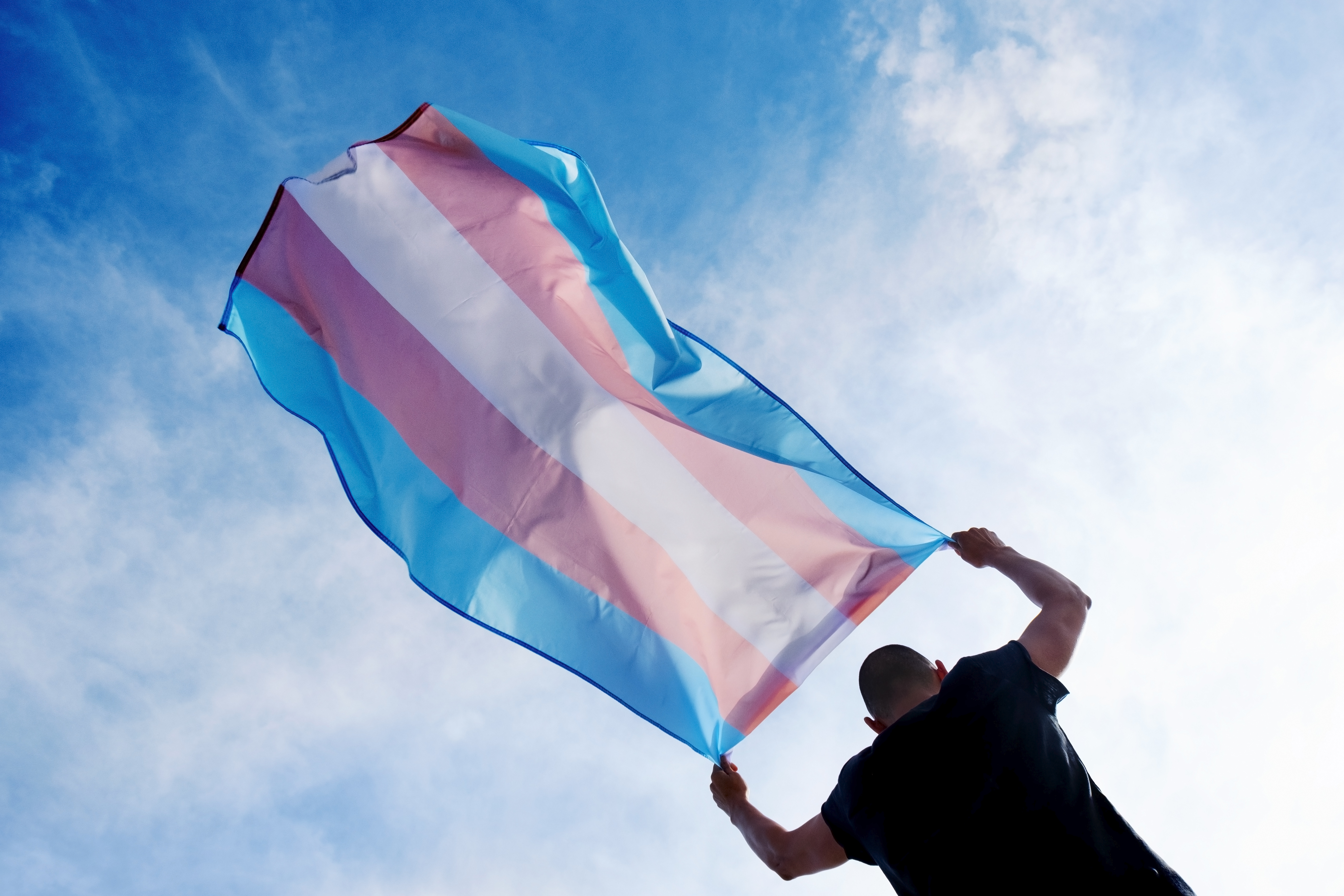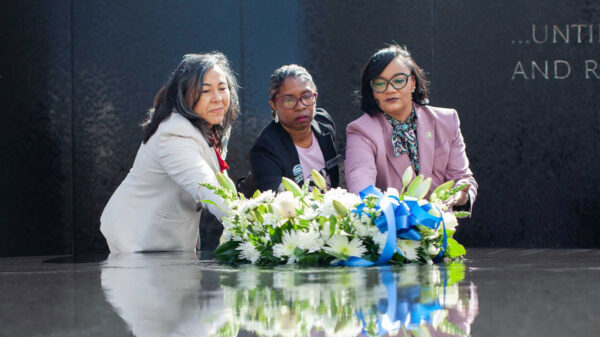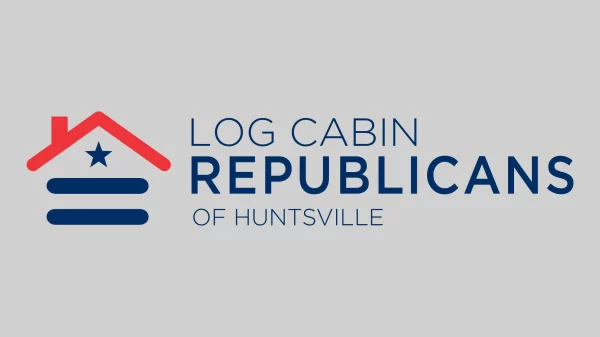The Southern Poverty Law Center Action Fund’s interim deputy legal director issued a statement on Monday praising the Supreme Court’s decision not to hear a case brought by a Virginia school that sought to prevent a transgender student from using the bathroom that aligns with their gender identity.
The decision on Monday was the court’s second dismissal of an attempt to bar the student, Gavin Grimm, 17, from using the boys’ bathroom. The Gloucester County School Board had given him access to a private bathroom instead.
Two justices, Clarence Thomas and Samuel A. Alito Jr., said they would have heard the case. The majority doesn’t say why it declines to hear petitions, although it customarily avoids hearing cases on hot-button political issues.
“We are pleased that the Supreme Court refused to hear this case, acknowledging that the policy violates the Constitution and a federal law by prohibiting transgender students from using bathrooms that align with their gender identity,” said Scott McCoy.
“This is the second time the Supreme Court has rejected denying trans students access to bathrooms in accordance with their gender identities and yet another reminder that 29 states do not currently have laws in place to protect LGBTQ+ people from discrimination. Without the Equality Act, LGBTQ+ Americans remain vulnerable to being evicted from their homes, kicked out of a business that’s open to the public, denied health care, or denied government services in a majority of states simply because of who they are.
“Like any children, transgender students have the best chance to thrive when they are supported. We urge school leaders to focus on what matters instead of finding divisive ways to hurt transgender youth,” he said.
After the court’s decision, Grimm said he was “glad that my yearslong fight to have my school see me for who I am is over,” The New York Times reported. “Being forced to use the nurse’s room, a private bathroom and the girls’ room was humiliating for me, and having to go to out-of-the-way bathrooms severely interfered with my education. Trans youth deserve to use the bathroom in peace without being humiliated and stigmatized by their own school boards and elected officials.”




















































